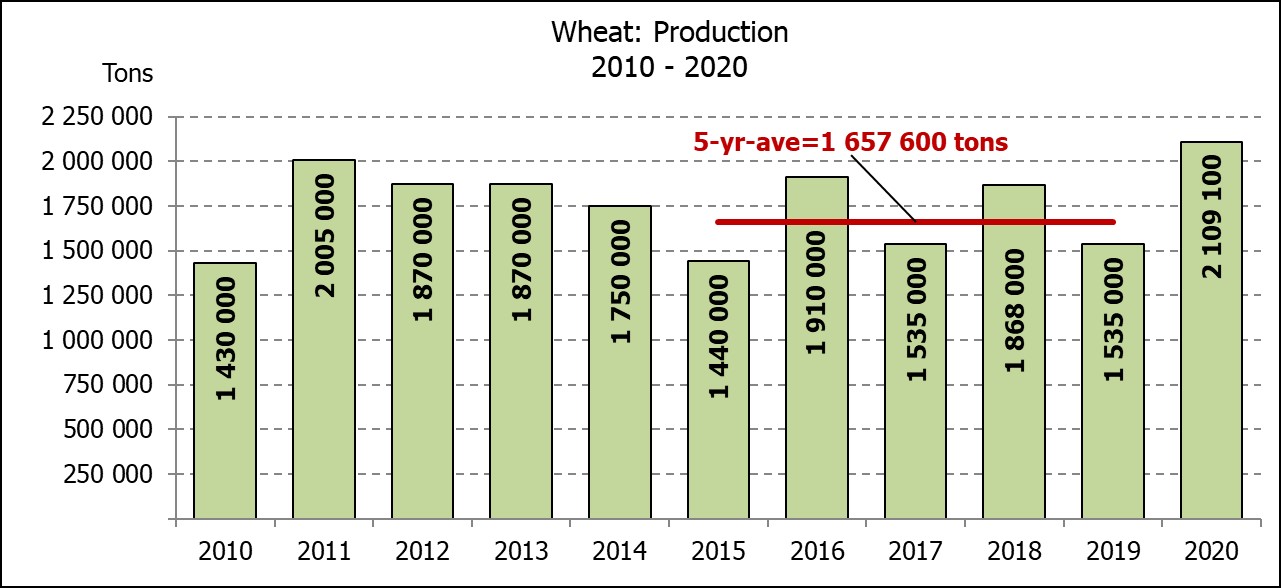Huge pressure on logistics network expected hence the bumper harvest
As we started the New Year in 2021 the situation looked very serious particularly in KwaZulu-Natal with COVID-19 fatalities increasing daily. For many of us the deadly impact of Covid-19 and its new mutations regrettably is now only fully being appreciated.
There are a lot of unknowns as far as COVID-19 is concerned and no one can say with any certainty where this pandemic will lead or what the ultimate outcome will be even after a full rollout of the vaccines. It is this uncertainty and climate of fear of the unknown that all of us must now come to terms with and this certainly has not made doing business in South Africa any easier.
On the economic front when COVID-19 struck in early 2020 the International Rating Agencies had all downgraded South Africa to ‘junk status’. This also came on the back of power outages, rising unemployment, political uncertainty within the ruling party, the revelation and/or confirmation of widespread corruption particularly in the SOE’s and resulting from state capture. The COVID-19 lockdown inevitably worsened an already weakened economic outlook for South Africa.
Capacity, productivity and congestion at our main ports will remain a constraint during the import/export season at hand. The sustained and sometimes lethal attacks on trucks between Durban and Johannesburg and ongoing rail inefficiencies in the grain industry continue to erode confidence in the logistics sector. With a bumper maize and wheat crop in the pipeline, our logistics network will be under huge pressure over the next 6 to 8 months.

Commercial maize: The revised area estimate for maize is 2 750 900 ha, which is 5,37% or 140 100 ha more than the 2 610 800 ha planted for the previous season, and 0,92% or 25 600 ha less than the preliminary area estimate of 2 776 500 ha released in January 2021 as per the Crop Estimates Committee.

Wheat: The expected production of wheat remained at 2,109 mill. tons, whilst the expected yield is 4,14 t/ha. This is the largest expected wheat crop since the 2,130 mill. tons of the 2008 season as per the Crop Estimates Committee.
Social and political tensions have inevitably heightened during 2020 and will probably remain high during 2021. While grain crop outputs have been exceptionally good and are anticipated to continue into the 2021 season, households’ food security conditions have worsened due to widespread job losses. Statistics indicate a year-on-year decrease in employment and the new proposed minimum wages for domestic and farmworkers will continue to have a significant financial impact.
In closing, it has been a very challenging time both domestically and internationally. Huge changes are happening all over the world, namely a wealth imbalance, climate change, food security, and the way in which we conduct business and interact with one another – not the least of which is remote learning, communication and work. None of us can predict where this will all end up but people will inevitably learn how to adapt to changing conditions.
For those involved in the food and allied industries we are proud to have contributed to the maintenance and improvement of the agricultural base in South Africa and remain committed to ensuring the success of our mission going forward no matter what challenges we may encounter and overcome.
We can only hope and pray for strong and committed leadership in South Africa and a steady hand at the helm to guide us together through these unchartered waters.
Lukas Swarts
BOARD MEMBER
Mobile: 082 444 3227
Email: lukas@ensignship.com

